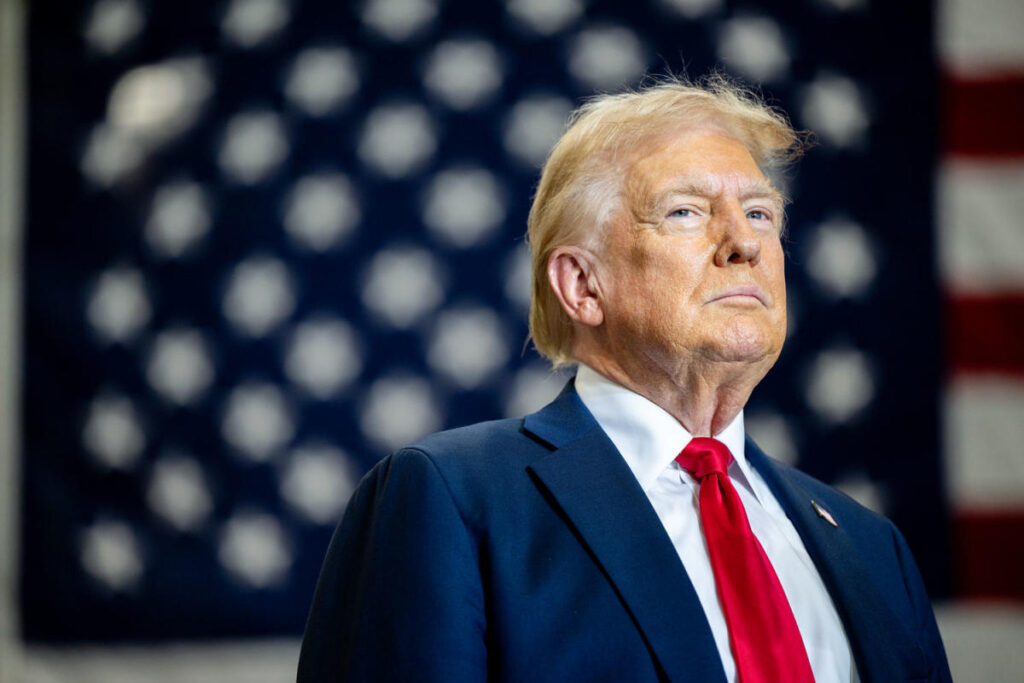An appeals court has recently dismissed charges against Donald Trump regarding the alleged mishandling of classified documents, effectively concluding Special Counsel Jack Smith’s prosecution. These charges, which emerged in June 2023, accused Trump of willfully retaining national defense information post-presidency and directing the deletion of security footage from his Mar-a-Lago resort. Following Smith’s move to dismiss these charges, U.S. District Judge Tanya Chutkan also approved the dismissal of charges related to Trump’s attempts to overturn the results of the 2020 presidential election. Both dismissals mark significant steps in a legal saga that has kept Trump’s legal team and the public on edge.
The journey of the documents case saw an initial dismissal by U.S. District Judge Aileen Cannon, who deemed Smith’s special counsel position as illegal. However, federal prosecutors subsequently petitioned the Eleventh Circuit Court of Appeals to revive the case, reflecting ongoing legal disputes over the legitimacy of the prosecutorial decisions against Trump. With Trump currently working towards re-election, it’s been anticipated that longstanding Justice Department policy, which maintains that a sitting president cannot face criminal prosecution, would influence these proceedings.
In the broader context, the dismissal of these two cases leaves Trump entangled in two remaining significant legal matters: a New York case related to hush money payments and another from Georgia concerning election interference. Trump’s legal team has argued for presidential immunity regarding the New York case, where Trump faced 34 felony counts for falsifying business records linked to payments made to adult film actress Stormy Daniels during the 2016 campaign. Recently, a New York judge postponed Trump’s sentencing in this matter, originally slated for November 26.
The Georgia election interference case, meanwhile, has faced delays due to conflict of interest allegations against Fulton County District Attorney Fani Willis, as voiced by Trump and his supporters. This ongoing legal battle continues to highlight the challenges Trump faces as he navigates multiple prosecutions. Furthermore, Trump’s consistent assertions that these prosecutions are politically motivated contributes to the narrative surrounding his legal issues. He has consistently maintained his innocence and argued that the legal actions against him are unwarranted and driven by political motivations.
Trump’s sentiments towards the legal actions taken by Special Counsel Jack Smith have been vocal and defiant. In a recent statement, he characterized the prosecutions as “empty and lawless,” asserting that they represent a political hijacking of justice. His rhetoric reflects an ongoing strategy of portraying himself as a victim of politically charged legal maneuvers, a narrative he has used to rally support among his base. By framing the situation as a low point in U.S. history, Trump aims to solidify his standing with voters as he campaigns for the presidency again.
As Trump’s legal issues continue to unfold, the implications on his political career remain uncertain. With the second dismissal marking the end of key charges but leaving others unresolved, Trump’s ability to navigate through complex legal waters while simultaneously campaigning poses a significant challenge. His impending formal report from Smith’s office, along with the potential for more developments in the remaining cases, will play a crucial role in shaping the landscape ahead of the next presidential election. Thus, the conclusion of the recent legal battles may not only signify the end of one chapter but also the beginning of a new, complicated phase in Trump’s political journey.

